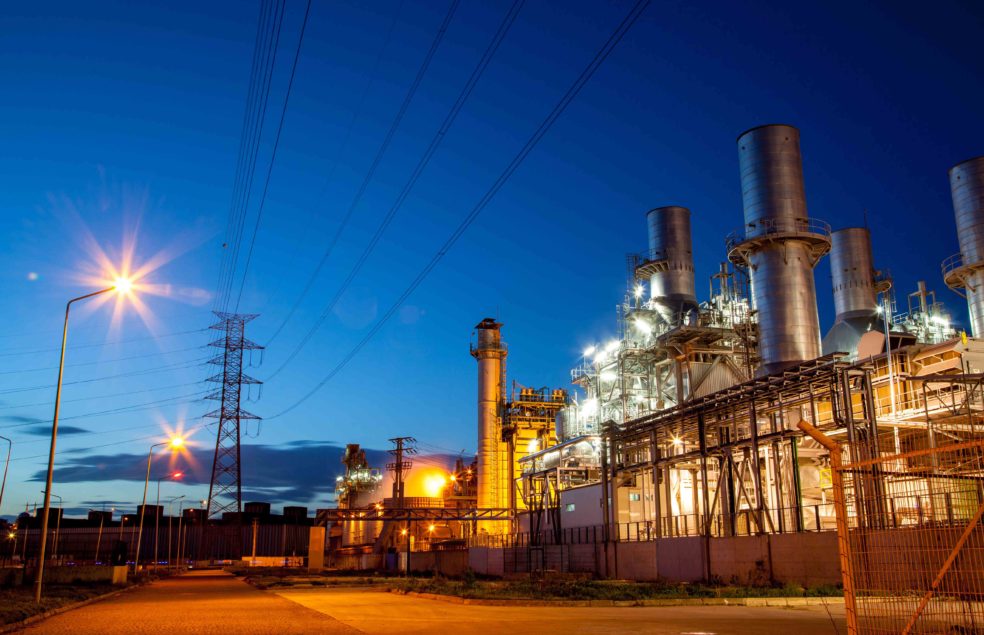Three power stations, which had been dormant have come back on stream and started contributing to the National Grid, the Transmission Company of Nigeria (TCN), has said.
TCN who disclosed this in its Independent System Operator (ISO) review of the national grid performance, listed the power plants to include Omoku, Trans-Amadi and Rivers Independent Power Plant (IPP).
It noted that while the main Rivers IPP feeds directly into the Grid, Omoku and Trans- Amadi’s contributions are on 33kV pending when some lines and substation issues are sorted out
TCN said that the three hydro power stations made a combined contribution of 22.54 per cent into the National Grid in February, a marginal rise from 21.32 per cent in January.
It said that Egbin Power Station made a single contribution of 21.92 per cent into the Grid. However, in combination with other privatiSed thermal plants, they produced 36.68 per cent of the power in the System in February, against 43.80 per cent in January.
The NIPP Plants, it said, marginally upped their contribution from 13.08 per cent in January to 13.48 in February. “Great contribution came from the Independent Power Producers whose combined contribution was 27.30 per cent against 21.81 per cent in January. Afam VI Power Station operated by Shell Corporation increased her production from a little over four per cent in January to almost 11 per cent in February and then three power plants classified as Rivers IPP came on stream.
“The hydro power stations increased their combined contributions in March to 26.56 per cent as against their combined contributions of 22.54 per cent in February 2016.
“Egbin Power Stations produced 19.12 per cent of the power in the system. There was also a drop in the contribution of privatized thermal power stations in March as they produced only 30.31 per cent as against 36.68 per cent in February.
“There was also a drop in the contribution from the NIPP Power Plants from 13.48 per cent in February to 12.11 per cent in March,” it said.
Source: www.guardian.ng/

